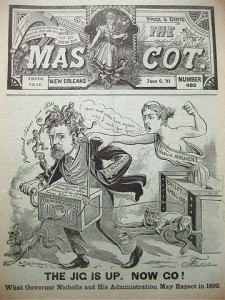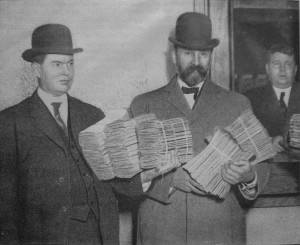New Ventures and Old
As some members of the Law School know, last winter I received a grant from the Bradley Foundation to form a nonprofit law center that has come to be known as the Wisconsin Institute for Law & Liberty. WILL engages in public education and litigation in the public interest with respect to issues of constitutional government, individual liberty, and the preservation of a robust civil society. We currently have a staff of four, including Tom Kamenick (L’09), and look forward to expanding as we complete our first year of operation this July. You can read more about us here.
I am excited by WILL but also happy to be able to return to the Law School on the adjunct faculty and teach Election Law this spring. When I proposed the class and first taught it a few years ago, I thought it would be something that could be offered every two years for the politicos in the student body. I had no idea that it would be delivered during a time when Wisconsin had become a virtual election law laboratory. But that’s where we are and that’s where I’d like to go in my next blog post.


